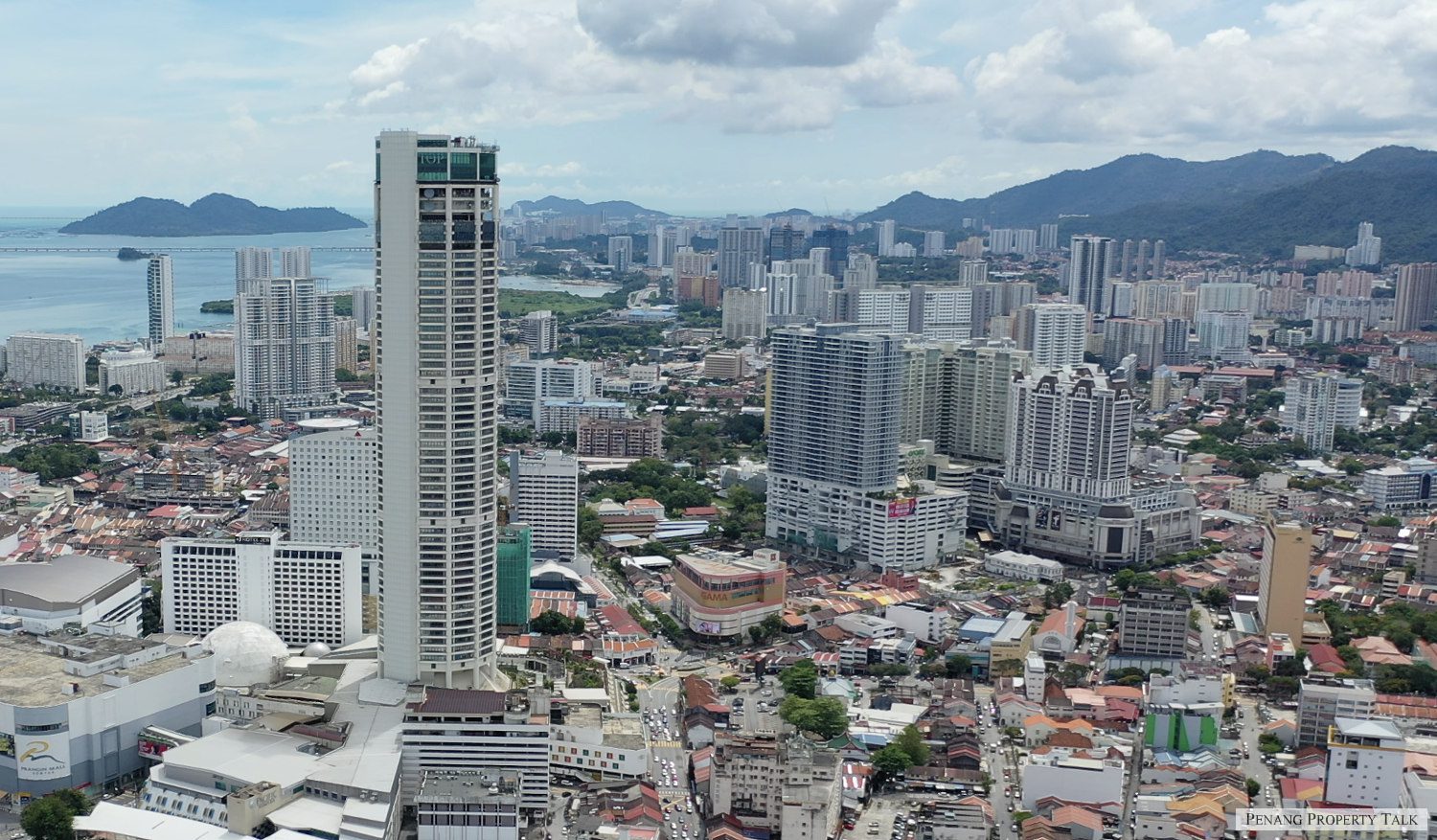Compulsory licensing coming soon for short-term rentals in Malaysia
Malaysia’s short-term rental accommodation (STRA) sector – encompassing platforms like Airbnb and similar homestay-style offerings – is on the verge of a major regulatory shift. The government has confirmed that STRA operators will soon be required to obtain a business licence from local councils before registering as official tourist accommodation premises.
Tourism, Arts and Culture Minister Datuk Seri Tiong King Sing said the move, agreed upon with the Housing and Local Government Ministry, aims to enhance regulatory control, improve safety standards, and create a more sustainable STRA ecosystem. The new framework is expected to be rolled out by the end of this year, ahead of Visit Malaysia Year 2026.
Levelling the Playing Field
Industry stakeholders have long debated the impact of unlicensed STRA on Malaysia’s hospitality landscape. Licensed hotels, for example, comply with fire safety rules, insurance coverage, and strict local council requirements – obligations that many STRA operators have bypassed.
Malaysia Budget & Business Hotel Association president Dr Sri Ganesh Michiel welcomed the move, saying licensing would ensure fairness and protect the hotel industry from unfair competition. “Tourists deserve consistent safety and service, whether they choose a hotel or an STRA. Licensing will also help maintain Malaysia’s reputation as a safe and trusted tourism destination,” he said.
Consumer groups echo this view, noting that clearer licensing rules will give travellers confidence and accountability. A licence number, for instance, makes it easier for guests to know who is responsible and where to lodge complaints if needed.
The Economic Picture
Despite the challenges, STRA has become a powerful economic contributor. A recent Oxford Economics study found Airbnb-related tourism contributed RM9.2 billion to Malaysia’s economy in 2024, supporting nearly 94,000 jobs and generating RM2.1 billion in wages. Guest spending reached RM11 billion, with more than half spent outside Kuala Lumpur and Selangor, showing how STRA helps spread tourism benefits to smaller towns and communities.
The report also highlighted growth in non-urban stays, with a 68% increase since 2019, reflecting shifting traveller preferences.
Concerns from Operators
Not everyone is optimistic. Many STRA operators, particularly small-scale hosts, fear that the new requirements could raise costs, create red tape, and push some out of business.
Some operators worry that unclear rules on licensing fees, inspections, and documentation could burden those managing only one or two units. Without transparent guidelines, delays and additional costs may discourage new entrants and reduce affordable accommodation options for budget-conscious travellers.
Larger operators managing multiple units also share concerns. Uncertainty over possible restrictions on rental duration or expensive licensing fees has made it difficult for them to plan ahead. They stress that overly strict regulations could affect not only hosts but also cleaners, maintenance workers, and local businesses that depend on STRA activity.
The Malaysia Homestay/Short Stay Operators Association has urged the government to balance enforcement with industry realities, suggesting fair licensing fees, flexible compliance timelines, and adequate transition periods.
What’s Next?
The proposed STRA guidelines, developed by PLANMalaysia, will soon be tabled for Cabinet approval before being adopted by state governments and local councils. The broader framework also includes amendments to the Tourism Industry Act 1992, which will introduce new measures such as insurance protection, stronger enforcement, registration of digital platforms, and even the establishment of a Tourism Tribunal.
For property owners and operators, the months ahead will be crucial. While the regulations promise greater structure and consumer protection, much will depend on how they are implemented at the local level. For Penang, where short-term rentals have grown in popularity, striking the right balance between community interests, tourism growth, and business viability will be key.


